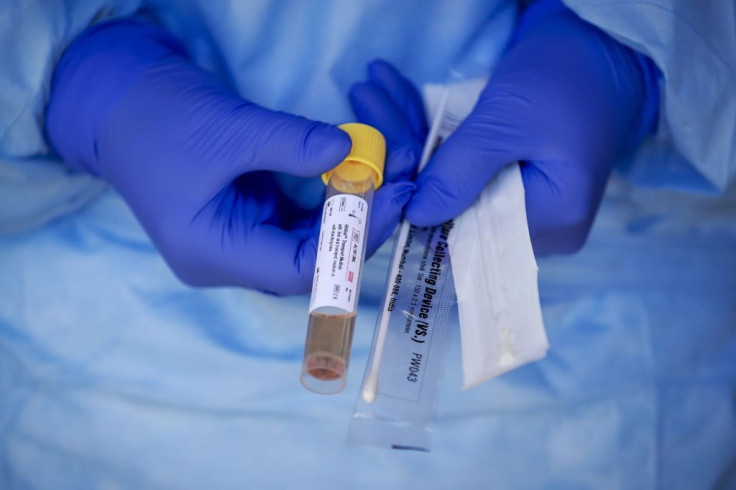High-dose melatonin is being considered as a potential treatment for COVID-19. While the hormone does not kill the novel coronavirus, it is said to neutralize its damaging effects on the body.
The Manila Doctors Hospital in the Philippines is the first in the world to try high-dose melatonin for high-risk COVID-19 patients. According to reports, several of the patients who were given the hormone already had adult respiratory distress syndrome prior to taking melatonin, but they all survived.
High-dose melatonin and another drug, tocilizumab, reportedly help protect all body organs, especially the lungs, from the lethal effects of the novel coronavirus. Aside from the two, two other drugs, hydroxychloroquine and azithromycin, are also said to be game changers in the fight against COVID-19. These four drugs are not viricidal so they cannot kill the coronavirus, but they help the organs of the body withstand the virus.
A cardiologist from the Philippines reported that her father survived COVID-19 after being given high-dose melatonin for three days. Her father was about to be intubated and hooked to a breathing machine because his pneumonia was getting worse. After being given high-dose melatonin for three days, however, his condition improved and nine days later, he was discharged.
A recent review also supports the use of melatonin in combating COVID-19. A body infected with the novel coronavirus suffers from excessive inflammation, oxidation, and exaggerated immune responses, which contribute to acute lung injury and acute respiratory distress syndrome. Since melatonin is an anti-oxidant, anti-inflammatory and immune-modulating hormone, it is said to be protective against severe viral-induced diseases like SARS and COVID-19.
The review states that because of melatonin’s characteristics, it can be a potential attenuation for coronavirus infections. “Due to its antiviral, antioxidant, and immune-enhancing properties, melatonin has been shown to help reduce viremia, paralysis, and death in mice infected with encephalitis and it has led to the down-regulation of acute lung oxidative injury,” the review claims.

© 2025 Latin Times. All rights reserved. Do not reproduce without permission.




